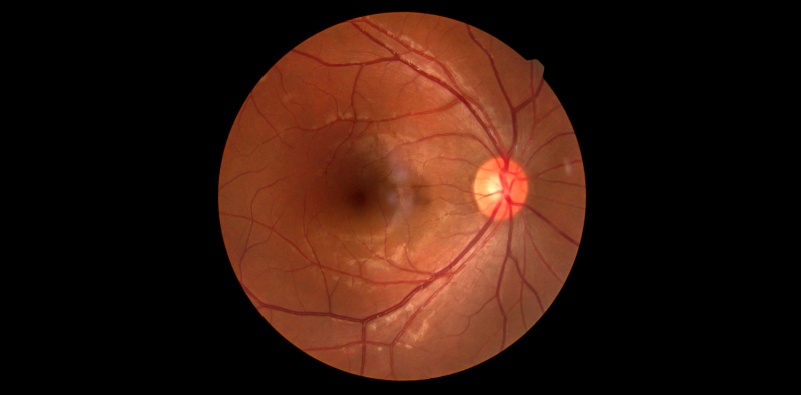What Can Your Eye Health Tell You?

Vision and Eye Health: What Your Eyes Reveal About Your Well-being
You’ve probably heard the saying that eyes are the “windows to the soul,” but did you know they’re also windows into your overall health? Eye health is about more than just clear vision—regular eye exams can provide valuable insights into your general well-being. From detecting early signs of chronic conditions to helping you take preventative action, your eyes can reveal a lot about what’s happening inside your body.
What can your eyes reveal about your health?

It’s not just about reading the chart on the wall; eye exams are also designed to take a close, non-invasive look at the back of your eye, specifically the retina, the tiny blood vessels, and the optic nerve. These parts of the eye can show early signs of health issues before they become apparent to you.
What an eye exam can show us

While developing health conditions aren’t the kind of secrets you want your eyes to show, the good news is that early detection means you can take action with timely treatment and preventative measures.
Here are some key health issues that can be detected during an eye exam:
Hypertension
Hypertension, more commonly known as high blood pressure, can be detected in tiny changes to the blood vessels at the back of the eye or in swelling around the optic nerve.
Left unmanaged, hypertension can lead to health conditions like heart disease, stroke, or even glaucoma. Many people don’t realise they have it as glaucoma symptoms don’t develop straight away, but usually appear after a number of years.
High cholesterol
Signs of high cholesterol, such as tiny deposits in the front of the eye or changes in blood vessels, can be spotted during an eye exam.
Autoimmune diseases
Your eye health can also provide early clues about autoimmune conditions like lupus or rheumatoid arthritis. Symptoms such as dryness, irritation, or inflammation in specific parts of the eye may indicate that your immune system is overactive.
Thyroid disease
The eyes can also indicate when the thyroid, a hormone-releasing gland that regulates metabolism and development, isn’t doing its job properly. Dry eyes, puffiness, or changes in the eyelids might seem small, but they can be early signals of Graves’ disease, which causes the thyroid to overwork. These changes often appear before other symptoms, and an optometrist might be the first to notice them.
Make eye exams part of your health routine

Regular eye exams are a vital part of overall wellness. At Robinson Optometrists, we go beyond standard vision checks by using cutting-edge technology, including optical coherence tomography (OCT) scans. This advanced imaging tool lets us capture detailed, 3D images of your eye, offering a comprehensive view of its structures.
OCT scans can detect various eye conditions, such as glaucoma, macular degeneration, and diabetic retinopathy, often before symptoms become noticeable. By identifying issues at their earliest stages, we can recommend timely treatment or preventive measures, helping you preserve your vision and protect your eye health for the long term.
Remember, adults should aim for a comprehensive eye test at least every two years. If you have a health condition or a family history of eye problems, your optometrist may suggest more frequent exams. And don’t ignore unusual symptoms like blurry spots, flashes of light, or discomfort in your eyes, as these can signal deeper issues that warrant attention.
Time for a check-in?
If it’s been a while since your last eye exam, now’s as good a time as any to prioritise your eye health – it’s a small step that could make a big difference to your health and well-being. Schedule an appointment at our opticians in Whitley Bay and experience the reassurance of our thorough and advanced care.
